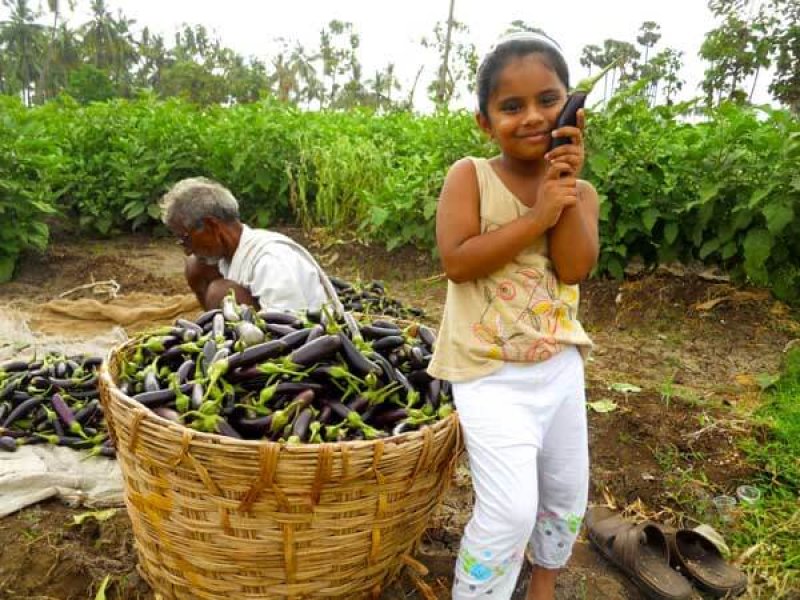The need to increase agricultural productivity without increasing the area under cultivation to support our increasing demand for quality food remains a challenge for the Indian farmers. The erratic and severe weather changes have also added to the farmers’ woes, such that their inputs costs have to be reduced to assure some profit. With multiple variables impacting farm yields, we cannot go back to traditional ways for increasing productivity and farm profits.
We must adopt new technologies to keep up with the challenges of safeguarding our environment and resources. Agricultural biotechnology is a part of the package of solutions that we need to use in this endeavor. As is true of any new technology, safety plays a crucial role in adoption of the technology.
[Editor’s note: Shivendra Bajaj is the Executive Director, Federation of Seed Industry of India.]
Genetically modified (GM) crops are safe to grow and consume. This technology is the one of the most regulated technologies in the world. Every review and assessment by the government regulators across the world has confirmed the safety of the GM crops. Several international organisations such as Food And Agriculture Organization of the United Nations (FAO), World Health Organization (WHO) and Organisation for Economic Co-operation and Development (OECD) have repeatedly confirmed the safety of the biotech crops and concluded that foods derived from biotechnology is as safe and nutritious as foods derived from other methods such as conventional and organic.































